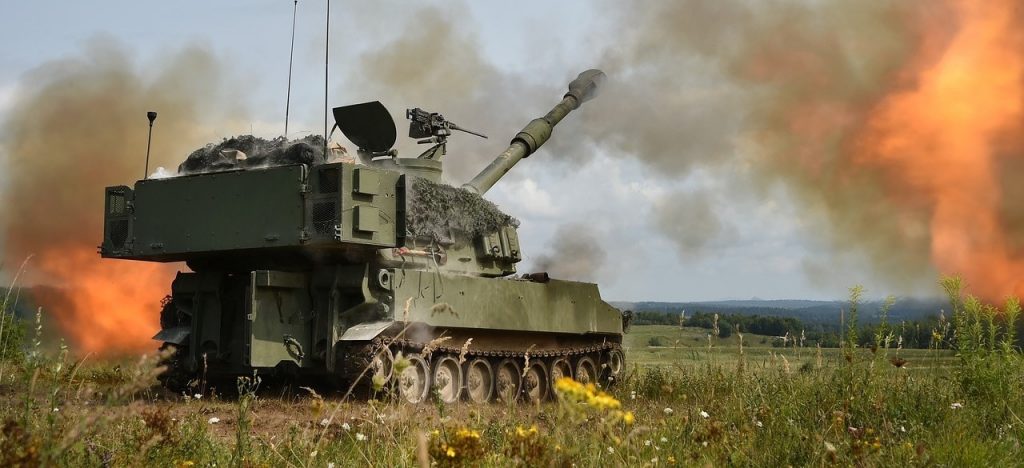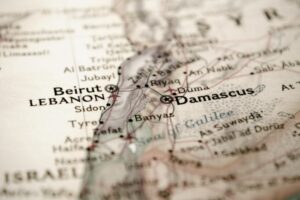Military experts say aggressive ground maneuver against Hezbollah key to victory, IDF death toll to be highest since 1982 Lebanon War.

Israel must launch an aggressive ground assault against Hezbollah to win the next Lebanon war, a new analysis says. However, the IDF death toll in a future war will be higher than in any recent Arab-Israeli conflict, the report warns.
The army must not solely rely on its immense firepower and advanced intelligence tools, caution former IDF Deputy Chief Yair Golan and military expert Gal Perl Finkel. Hezbollah could adapt to Israel’s combat doctrine and neutralize the IDF’s advantages, the authors warn.
The report says that the most effective way to win the next war is through a powerful ground assault on Hezbollah’s strongholds. An aggressive land maneuver will surprise and overwhelm the group, which is mostly deployed in static positions prepared in advance, the authors say.
A wide-ranging incursion will enable the IDF to produce more quality targets for destruction after the Air Force exhausts its list of enemy assets. Moreover, ground operations will be boosted by strong air and intelligence support, further enhancing the effectiveness of the assault.
The authors point to successful Israeli operations during the 2006 war that highlighted the impact of ground maneuvers. In one case, an IDF battalion supported by airborne troops seized territory near a Lebanese village. The forces then used anti-tank weapons to destroy Hezbollah rocket launchers and kill numerous enemy fighters.
High IDF death toll
However, the next war will claim the lives of more Israeli soldiers than any military clash since the First Lebanon War, the analysis says. More than 600 IDF troops died in the 1982 conflict.
The authors estimate that a future war will not be as deadly as the Six-Day War or Yom Kippur War, where Israel suffered more than 100 fatalities for every day of fighting. However, the next conflict will likely be far deadlier than the 2006 Second Lebanon War, where the IDF lost fewer than 4 soldiers per day.
The report say that as Hezbollah becomes more sophisticated and well-equipped, clashes with the group’s fighters will lead to more losses.
The analysis notes that Hezbollah is much stronger today than it was in 2006. The group gained invaluable operational experience during the war in Syria and received high-level training from the Russian military.
By now, Hezbollah is a skilled fighting force deployed in fortified positions above and below ground, the study says. Moreover, the group possesses diverse capabilities, including armored troops, intelligence units, commando forces, drones, and a large missile arsenal.


